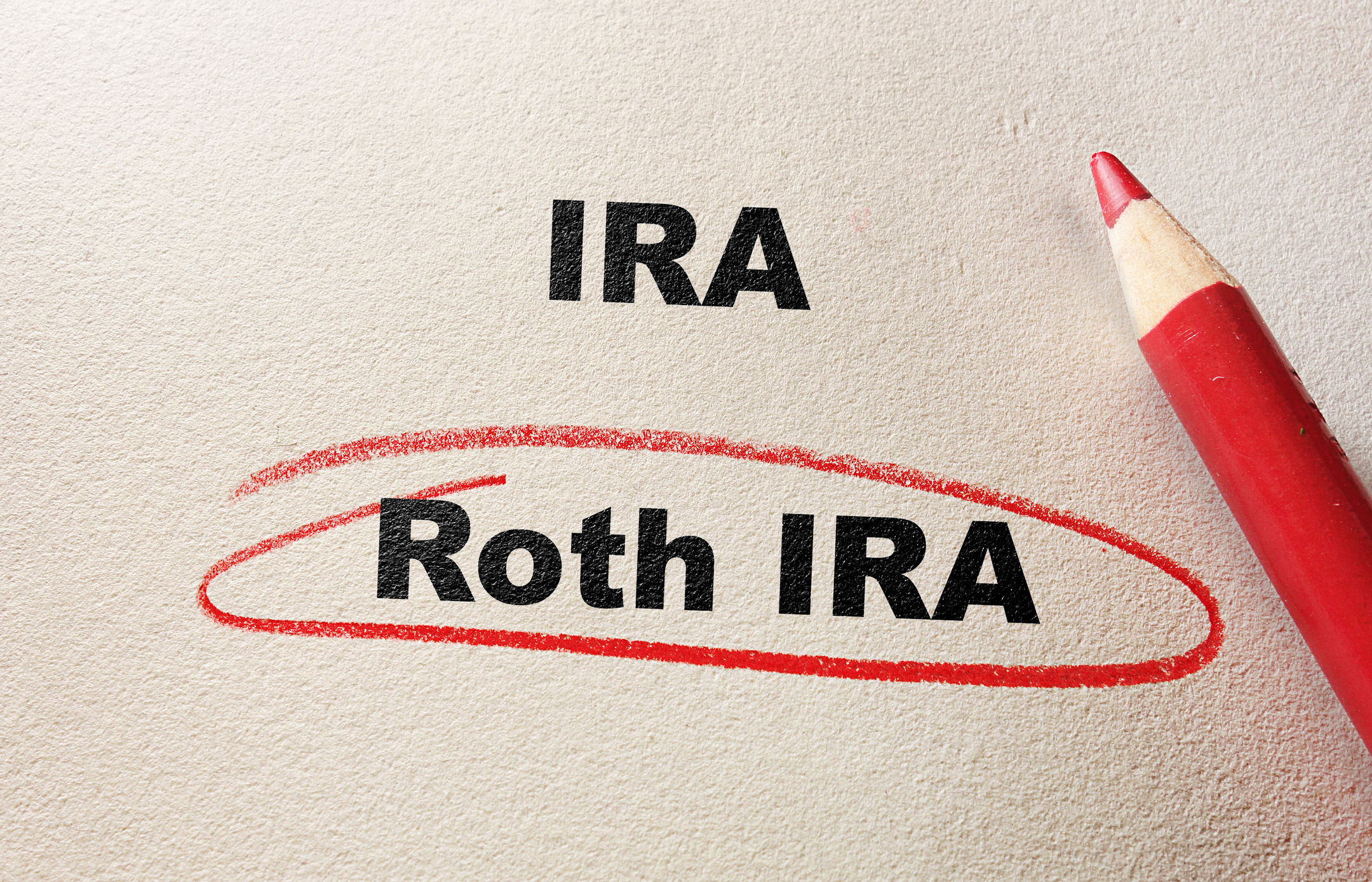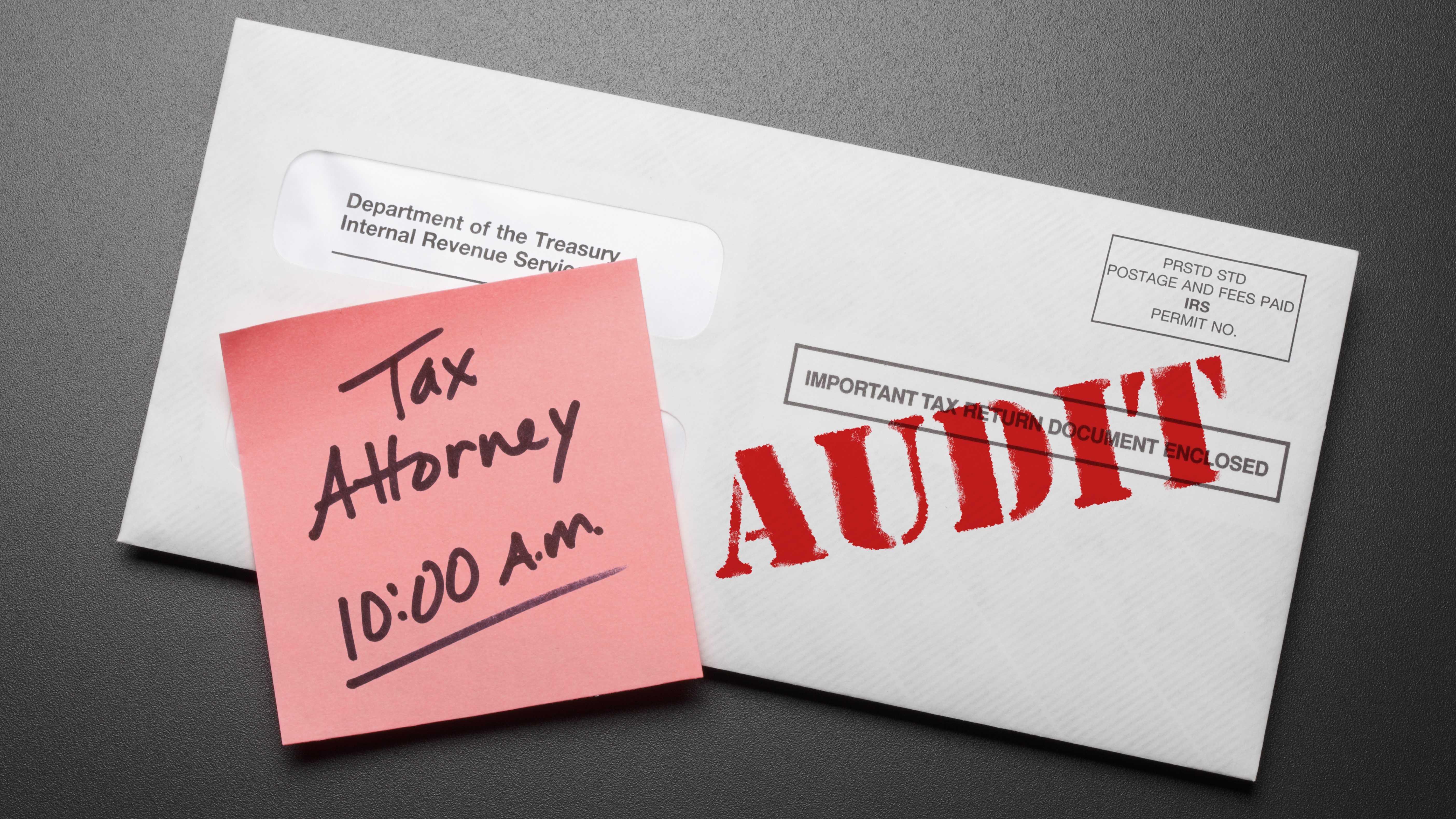How Tax Laws and IRS Can Help If You're a Victim of Helene, Milton or Other Federally Declared Disasters
Did you know that, in addition to the tax filing and payment extensions, individuals can deduct some losses attributable to federally declared disasters?

Profit and prosper with the best of Kiplinger's advice on investing, taxes, retirement, personal finance and much more. Delivered daily. Enter your email in the box and click Sign Me Up.
You are now subscribed
Your newsletter sign-up was successful
Want to add more newsletters?

Delivered daily
Kiplinger Today
Profit and prosper with the best of Kiplinger's advice on investing, taxes, retirement, personal finance and much more delivered daily. Smart money moves start here.

Sent five days a week
Kiplinger A Step Ahead
Get practical help to make better financial decisions in your everyday life, from spending to savings on top deals.

Delivered daily
Kiplinger Closing Bell
Get today's biggest financial and investing headlines delivered to your inbox every day the U.S. stock market is open.

Sent twice a week
Kiplinger Adviser Intel
Financial pros across the country share best practices and fresh tactics to preserve and grow your wealth.

Delivered weekly
Kiplinger Tax Tips
Trim your federal and state tax bills with practical tax-planning and tax-cutting strategies.

Sent twice a week
Kiplinger Retirement Tips
Your twice-a-week guide to planning and enjoying a financially secure and richly rewarding retirement

Sent bimonthly.
Kiplinger Adviser Angle
Insights for advisers, wealth managers and other financial professionals.

Sent twice a week
Kiplinger Investing Weekly
Your twice-a-week roundup of promising stocks, funds, companies and industries you should consider, ones you should avoid, and why.

Sent weekly for six weeks
Kiplinger Invest for Retirement
Your step-by-step six-part series on how to invest for retirement, from devising a successful strategy to exactly which investments to choose.
Getting the right tax advice and tips is vital in the complex tax world we live in. The Kiplinger Tax Letter helps you stay right on the money with the latest news and forecasts, with insight from our highly experienced team (Get a free issue of The Kiplinger Tax Letter or subscribe). You can only get the full array of advice by subscribing to the Tax Letter, but we will regularly feature snippets from it online, and here is one of those samples…
Hurricane Helene hit the U.S. in late September 2024, causing widespread devastation to Florida, Georgia, North Carolina, Tennessee and other states in its path. The destruction from Helene is expected to cost insurers around $6 billion, not including damage to boats, offshore property or losses to the National Flood Insurance Program. And Hurricane Milton has caused yet more damage to Florida. Other federally declared disasters this year include widespread flooding in Illinois, wildfires in Washington, tropical storms in Louisiana and Pennsylvania, Hurricane Debby, severe storms and flooding in certain states, and many other disasters.
With this crazy weather season of floods, hurricanes, wildfires and more, knowledge of the tax laws can help victims of Milton, Helene and other federally declared disasters. This is in addition to the tax filing and payment extensions that the IRS regularly provides.
From just $107.88 $24.99 for Kiplinger Personal Finance
Become a smarter, better informed investor. Subscribe from just $107.88 $24.99, plus get up to 4 Special Issues

Sign up for Kiplinger’s Free Newsletters
Profit and prosper with the best of expert advice on investing, taxes, retirement, personal finance and more - straight to your e-mail.
Profit and prosper with the best of expert advice - straight to your e-mail.
Deducting Losses
Personal Losses
Personal casualty losses can be deducted to the extent the losses are attributable to federally declared disasters, such as hurricanes, earthquakes, wildfires, blizzards or flooding, that affect a wide area. Individuals can deduct personal losses on their Form 1040 to the extent not reimbursed by insurance. Your loss is equal to the smaller of the damaged property’s adjusted basis or decline in value, less any insurance proceeds you received or expect to receive.
New legislation passed by Congress and signed by President Biden has tax easings similar to those given to victims of federally declared disasters in 2018-20. The law, named the "Federal Disaster Tax Relief Act of 2023," applies to federally declared disasters in 2024, and also applies retroactively to disasters that occurred in 2021, 2022 and 2023.
The main tax change in the new legislation is that individuals can take personal disaster losses even if they don't itemize. They're able to deduct uninsured personal losses in excess of a $500 threshold without regard to the 10%-of-adjusted-gross-income offset that generally applies to disaster loss deductions. This net loss is treated as an additional standard deduction for nonitemizers.
Here's how you would report the loss on your return. First, use Form 4684 to calculate the loss. Then transfer the disaster loss amount to Schedule A, line 16, and write "Net Qualified Disaster Loss" on the dotted line. If you are not itemizing, then you would also put your regular standard deduction on line 16 of Schedule A and write next to it "Standard Deduction Claimed With Qualified Disaster Loss." You then combine these two amounts and transfer the total to Form 1040, line 12. If you are itemizing, follow the instructions to Form 4684.
Business Losses
The rules for deducting casualty losses on business assets are more liberal. A business casualty loss needn’t be attributable to a federally declared disaster area.
Safe Harbors
Computing the amount of loss to your home or belongings can be difficult. Luckily, the IRS has multiple safe harbors to help you with this calculation.
For example, one method lets a homeowner with casualty losses of $20,000 or less take the lesser of two repair estimates to determine the decrease in the home's value. Another has a table to compute the replacement cost of personal belongings destroyed in the federally declared disaster. See Rev. Proc. 2018-08 (PDF download) for details.
Which Year Should You Deduct the Losses?
2024 disaster losses can be claimed on your 2023 or 2024 federal return. That’s because individuals can opt to take the loss on the return for the disaster year or the return for the year immediately preceding the disaster.
If you’ve already filed your 2023 Form 1040, you can amend it to take the write-off by filing Form 1040-X. Note that for this purpose, the filing due date for a 2023 amended return is six months after the normal filing date for 2024 returns. For 2024 disaster losses, this translates to Oct. 15, 2025.
Retirement-Related Easings
There are a few new retirement-related easings for disaster victims, thanks to the SECURE 2.0 legislation that federal lawmakers enacted in late 2022.
- The 10% penalty on pre-age-59½ distributions from IRAs and workplace retirement plans is waived on up to $22,000 per federally declared disaster. The payout must be taken within 179 days of the date the disaster is declared. Tax on these qualified disaster distributions can be paid over three years unless you opt to pay it all at once. Amounts re-contributed to the retirement account within the three-year time span that begins on the day after the date the qualified disaster distribution was received are treated as nontaxable rollovers. If you elect to spread out the tax over three years, attach Form 8915-F to your 1040 for the year you receive the disaster payout. Income tax you paid on a distribution that you later roll over within three years of the distribution can be recovered by filing an amended return on Form 1040-X.
- Eligible individuals can borrow more from workplace plans such as 401(k)s up to the lesser of $100,000 or 100% of the account balance. Also, repayment terms can be extended by one year, if the plan otherwise allows for this disaster relief.
- Predisaster payouts to buy a home in a disaster area can be re-contributed to the retirement plan, provided the funds weren’t ultimately used to buy a residence. You generally have 179 days from the date the disaster is federally declared to repay the funds in a nontaxable rollover.
IRS Resources for Disasters
The IRS can be your friend in disaster-related situations. If you lost prior-year tax returns, there are multiple ways to get your tax information. Use the IRS’s free Get Transcript tool on its website to view and print a summary of your tax information, call the IRS’s automated phone transcript line at 800-908-9946, or mail Form 4506-T to the agency. If you want your actual return, mail Form 4506.
The IRS also has a dedicated phone line that you can call for disaster-related tax questions: 866-562-5227.
This first appeared in The Kiplinger Tax Letter. It helps you navigate the complex world of tax by keeping you up-to-date on new and pending changes in tax laws, providing tips to lower your business and personal taxes, and forecasting what the White House and Congress might do with taxes. Get a free issue of The Kiplinger Tax Letter or subscribe
Related Content
Profit and prosper with the best of Kiplinger's advice on investing, taxes, retirement, personal finance and much more. Delivered daily. Enter your email in the box and click Sign Me Up.

Joy is an experienced CPA and tax attorney with an L.L.M. in Taxation from New York University School of Law. After many years working for big law and accounting firms, Joy saw the light and now puts her education, legal experience and in-depth knowledge of federal tax law to use writing for Kiplinger. She writes and edits The Kiplinger Tax Letter and contributes federal tax and retirement stories to kiplinger.com and Kiplinger’s Retirement Report. Her articles have been picked up by the Washington Post and other media outlets. Joy has also appeared as a tax expert in newspapers, on television and on radio discussing federal tax developments.
-
 The New Reality for Entertainment
The New Reality for EntertainmentThe Kiplinger Letter The entertainment industry is shifting as movie and TV companies face fierce competition, fight for attention and cope with artificial intelligence.
-
 Stocks Sink With Alphabet, Bitcoin: Stock Market Today
Stocks Sink With Alphabet, Bitcoin: Stock Market TodayA dismal round of jobs data did little to lift sentiment on Thursday.
-
 Betting on Super Bowl 2026? New IRS Tax Changes Could Cost You
Betting on Super Bowl 2026? New IRS Tax Changes Could Cost YouTaxable Income When Super Bowl LX hype fades, some fans may be surprised to learn that sports betting tax rules have shifted.
-
 Tax Rule Change Could See Millions Lose Health Insurance
Tax Rule Change Could See Millions Lose Health InsuranceThe Kiplinger Tax Letter If current rules for the health premium tax credit (PTC), a popular Obamacare subsidy, aren't extended, 3.7 million people could lose their health insurance.
-
 The IRS is in Chaos
The IRS is in ChaosThe Tax Letter DOGE, departures, data agreements and more are creating havoc at the IRS.
-
 Should You Do A Roth IRA Conversion? Nine Things to Consider
Should You Do A Roth IRA Conversion? Nine Things to ConsiderThe Tax Letter Thinking of converting a traditional IRA to a Roth IRA? The Kiplinger Tax Letter Editor highlights nine factors you should consider before making a move.
-
 Expiring Business Tax Breaks And Trump's Tax Plan
Expiring Business Tax Breaks And Trump's Tax PlanThe Tax Letter Four important business tax breaks are likely to be a part of President Trump's tax plan. We'll break them down for you.
-
 AMT and Pass-Throughs Add Complex Layers to 2025 SALT Tax Planning
AMT and Pass-Throughs Add Complex Layers to 2025 SALT Tax PlanningThe Tax Letter The state and local tax (SALT) deduction is a key sticking point in President Trump's tax plan.
-
 Popular Tax Breaks Are in Danger
Popular Tax Breaks Are in DangerThe Tax Letter A number of tax breaks, including the home mortgage interest deduction, are in peril as lawmakers hunt for revenues to pay for the President's tax plan.
-
 Six Hurdles for Trump's Tax Bill
Six Hurdles for Trump's Tax BillThe Tax Letter While the odds for a new tax bill in 2025 are quite good, there are some sticking points that President Trump and Congress will have to work through.
-
 The IRS is Pursuing Partnerships and Their Owners
The IRS is Pursuing Partnerships and Their OwnersThe Tax Letter The IRS has many enforcement priorities, and partnership tax noncompliance is near the top of that list.